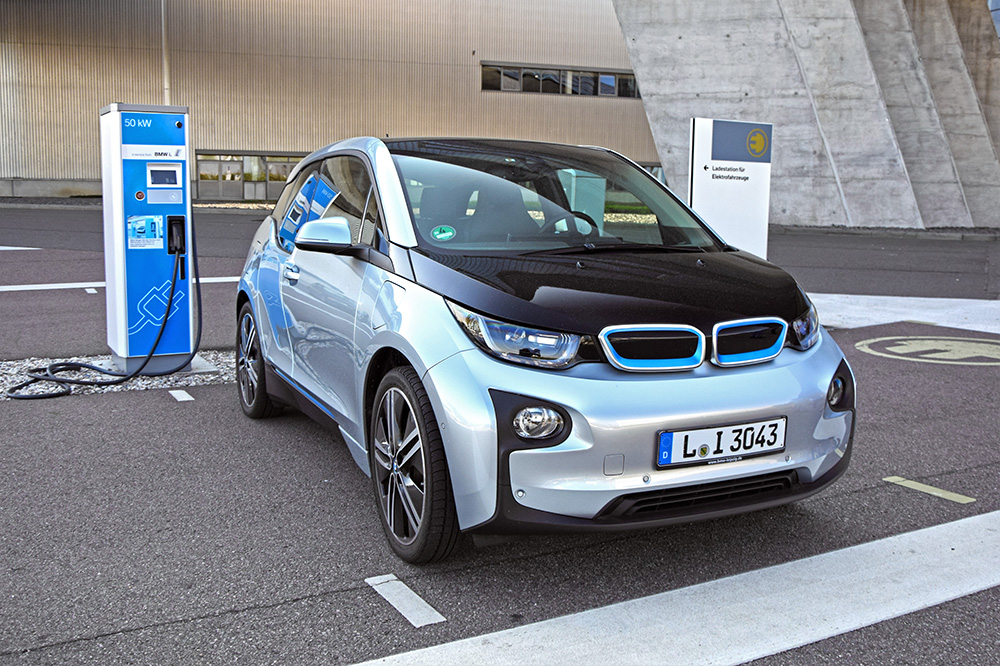
By Neil Endley, Global Director Consulting & Engineering, TRIGO Group
The Ministry of Economy in Germany announced the end of the electric vehicle purchase incentive in December 2023, a year ahead of schedule. The announcement caught the entire automotive industry off guard. This decision follows a constitutional court ruling that invalidated a €60 billion COVID fund intended to be used partially for energy transition. Until now, electric car buyers received public subsidies of up to €4,500, supplemented by a bonus from manufacturers, totaling nearly €7,000. The German government has subsidized the purchase of over 2 million vehicles since 2016, including 500,000 in 2023.
Since the discontinuation of the government ecological bonus in Germany, electric vehicle sales have plummeted dramatically, e.g. battery electric vehicle sales were down 31% in comparison to the previous year, according to the VDA. The economic journal Handelsblatt warned that the removal of the bonus could jeopardize Germany's goal of putting 15 million electric cars on the roads by 2030. "This goal was already considered extremely unrealistic; now it seems completely unattainable," the journal noted. This is another setback for German automakers, who are also contending with intense competition from China
The entrance of Chinese electric vehicle manufacturers in the European marketplace is a strategic move, as the domestic Chinese market has recently slowed down. Industry players are intensifying their presence in Europe, identified as an external growth driver for their surplus capacity. "They are good. They control the entire value chain. There is no reason why the Chinese cannot succeed in Europe. They have already done so in other sectors, especially as they have access to colossal financial resources, including state subsidies as part of this offensive," explains Hans Gerd Düsterwald, EVP Continental Europe at TRIGO GROUP.
Most Chinese companies start off as battery manufacturers and suppliers to well-established automotive groups before diversifying and expanding into electric vehicle manufacturing. They manufacture most of the electronic components themselves, except for tires and windshields. Their products are cheaper to produce, a significant advantage as all manufacturers are trying to optimize their production costs in times of high inflation.
Of five manufacturers with over 1,000 electric car registrations in 2023, only two can currently be considered potential competitors to historical brands: MG and BYD. Their aggressive pricing is coupled with carefully calculated supply strategies. BYD announced the construction of a factory in Hungary last December to ensure the best possible supply chain to the European market. The first manufacturer to surpass 5 million in electric vehicles produced, BYD’s entrance into Europe is very ambitious. BYD has even equipped itself with its own ships to increase its deliveries of electric vehicles outside of China.
Complicated vehicle distribution networks in Germany seems to be the last line of defense against China flooding the German market and therefore, the European marketplace. To counter this, Germany must defend itself. This is an opportunity for Europe to step up their game in electrical vehicles by giving European consumers access to cheaper vehicles. If this option is to remain credible over the long run, automakers need to act quickly, or risk being overtaken by the competition.
This situation greatly worries the European Commission, which launched an "anti-subsidy investigation" in December 2023. It has now imposed provisional punitive tariffs on imports of electric cars from China. Depending upon the manufacturer, the surcharges are between 17.4% and 37.6% as of July 5, in addition to the 10% import duty already implemented. The decision from EU is provisional as Brussels and Beijing are negotiating in the dispute. Finalized EU punitive tariffs could occur in November. This means that manufacturers who export to Europe will have no choice but to add this additional cost to the prices of their exported models sold in Europe. Geely (MG), BYD and SAIC are being monitored by the European Commission.